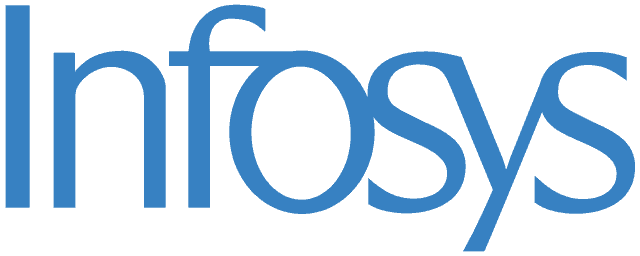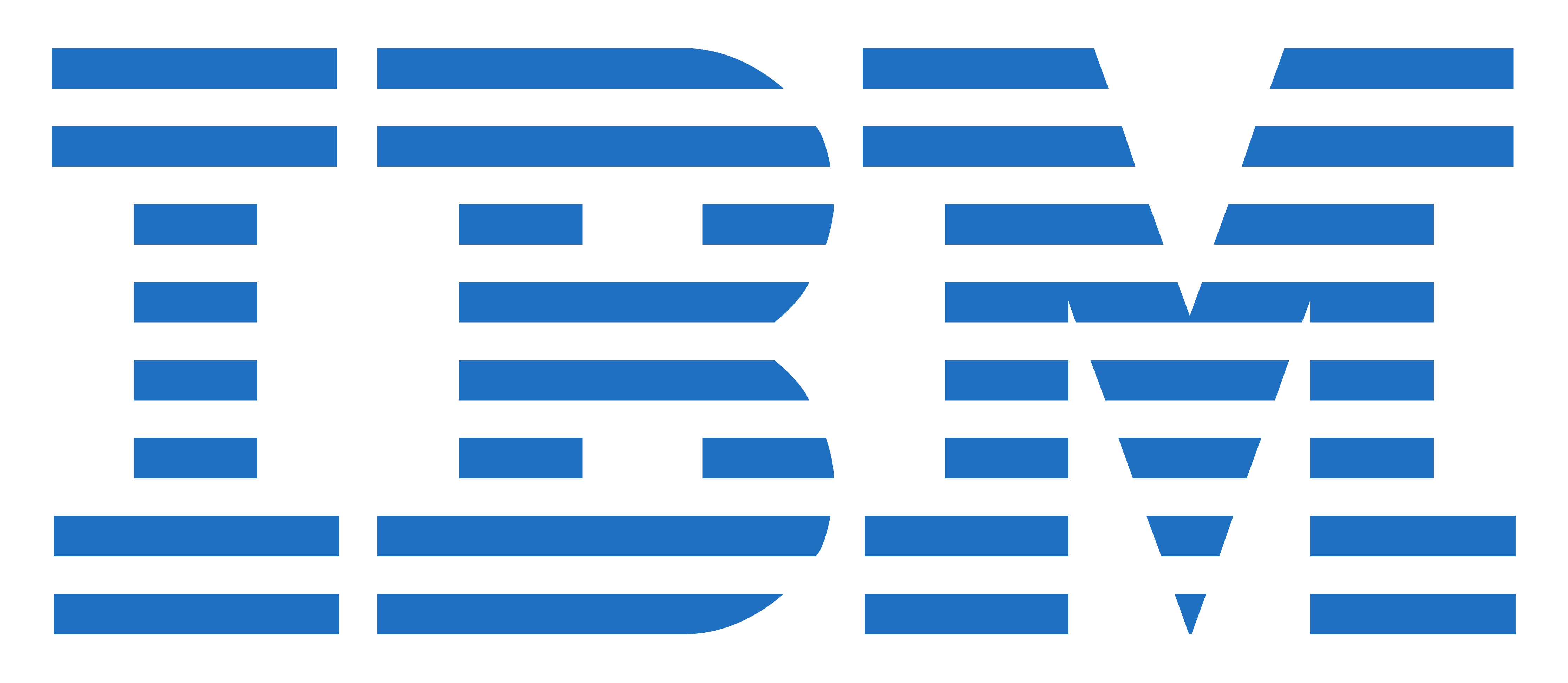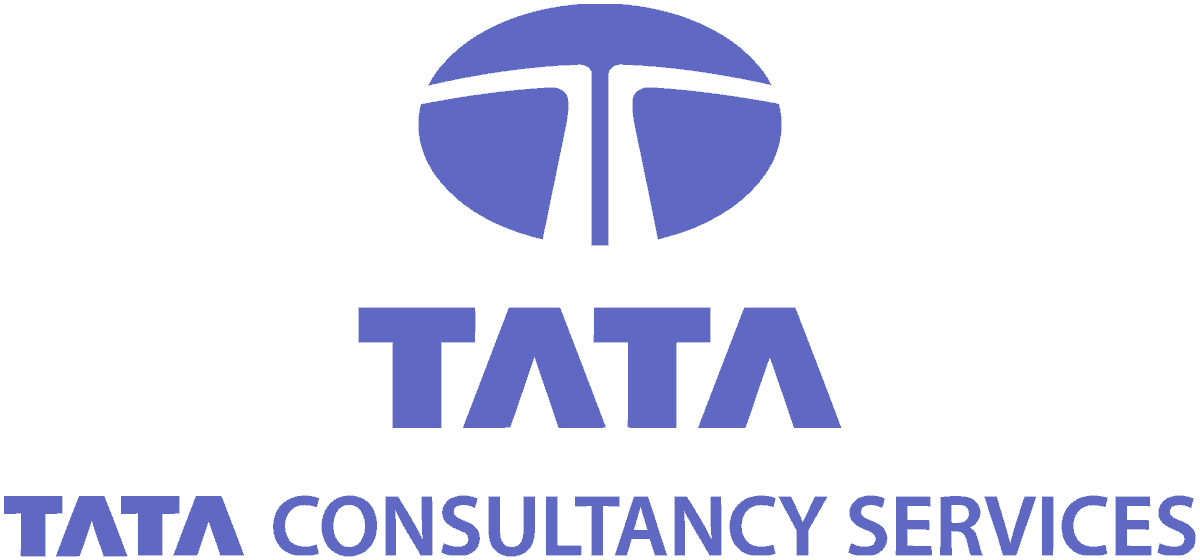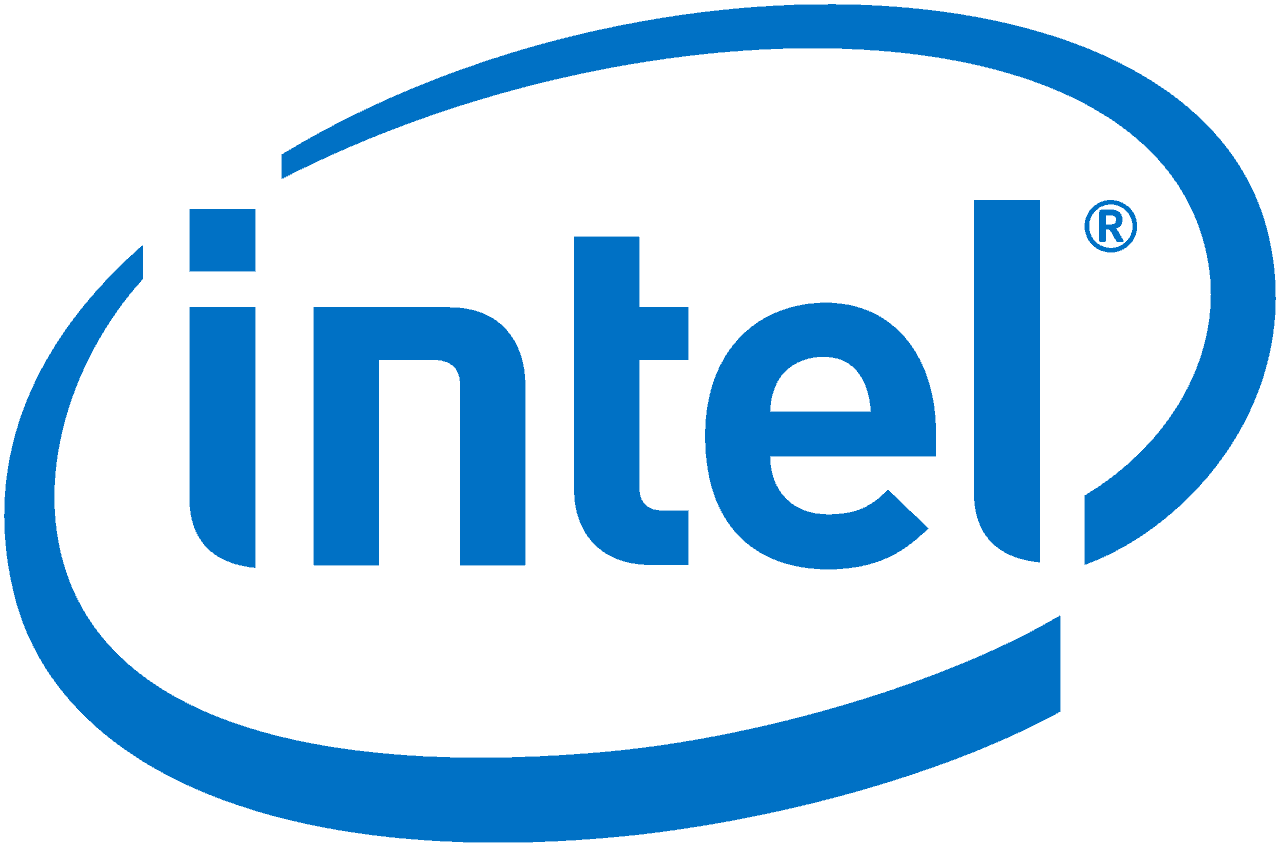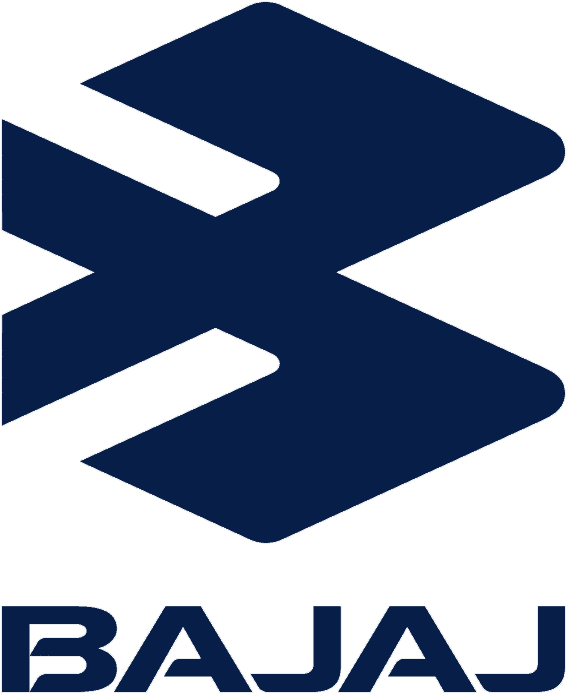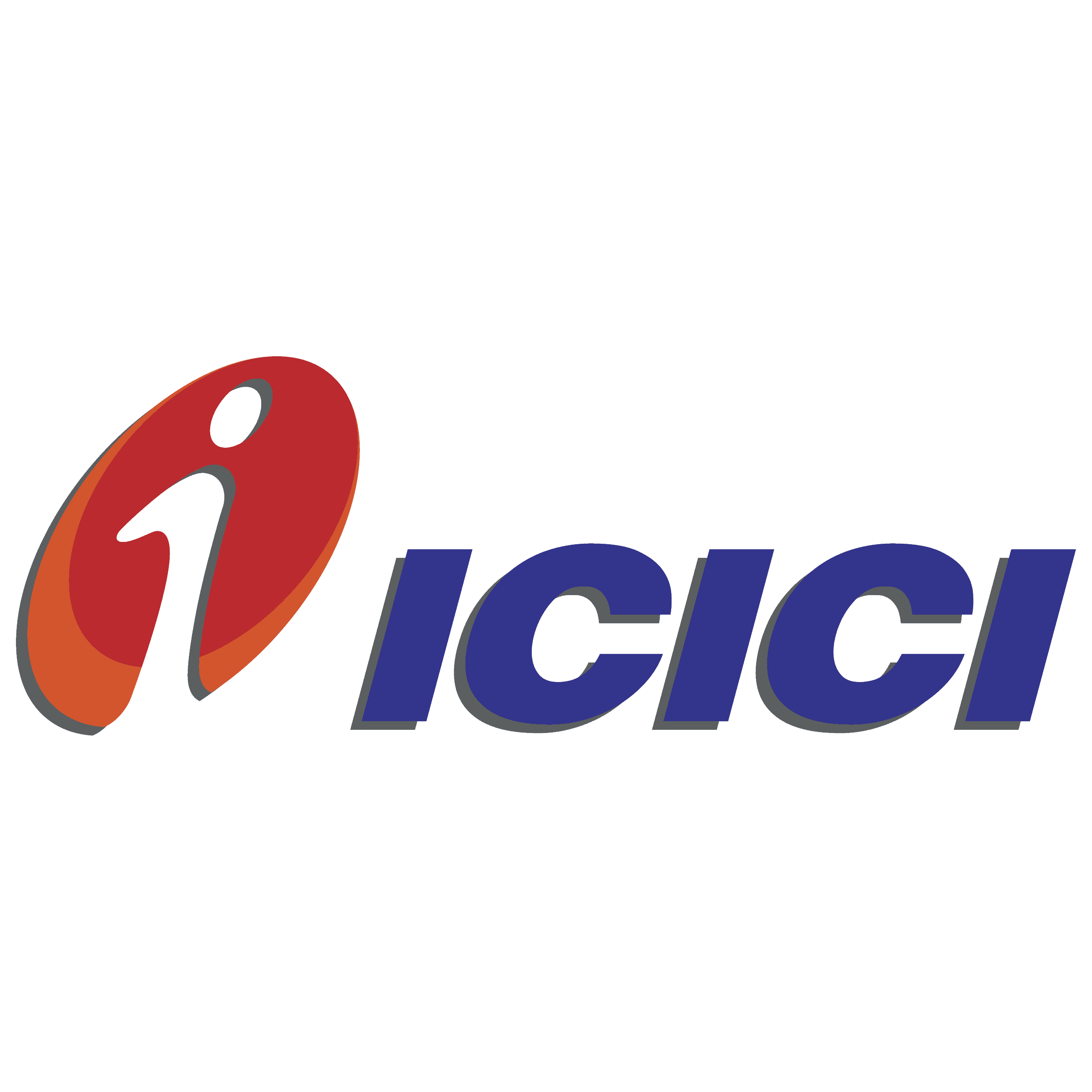Professional Stock Trading Course
A Trading Course is a course that teaches you how to trade in the financial markets, similar as stocks, options, futures, currencies, and commodities. A trading course can help you learn the basics and advanced concepts of trading, similar as market analysis, trading strategies, threat operation, and trading psychology. A trading course can also help you develop a trading plan and system that suits your pretensions and personality.
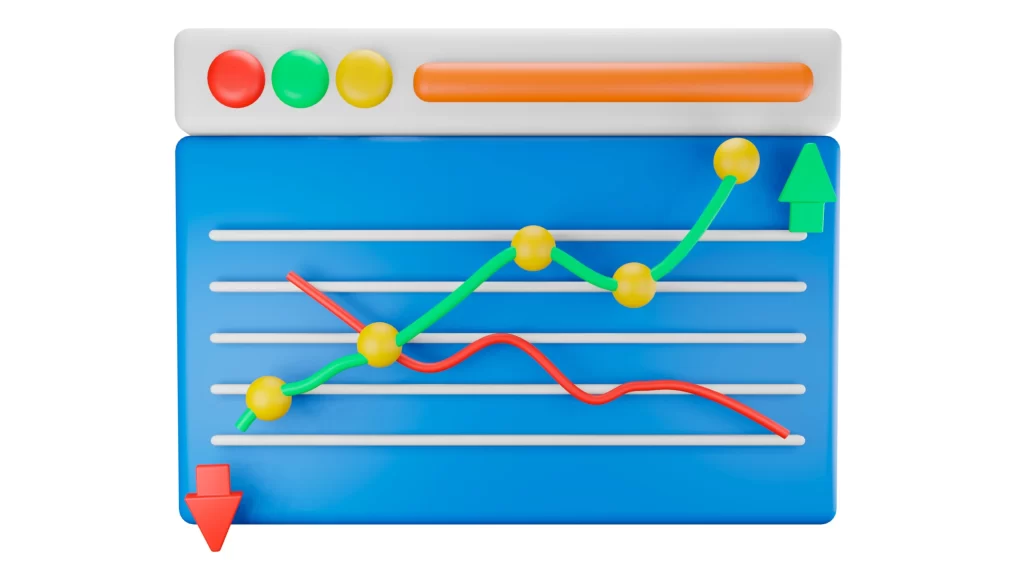
Still, you might be interested in some of the online and offline courses that are available, If you’re looking for the stylish stock trading course in Jaipur. Samyak Computer Classes will help you learn the basics and advanced generalities of the Indian stock request, and how to trade and invest in colorful parts and instruments
What you'll learn in Trading Course ?
Our Trading Course is divided into several modules, each focusing on a different aspect of trading:
Here are some points you can consider .
1. Complete INDIAN STOCK MARKET Trading Course from Basic to Advanced Level:
Still, you need to understand the basics and advanced concepts of the market, similar as market structure, If you want to learn how to trade and invest in the Indian stock market. The Indian stock market is divided into different segments and indices, which represent the performance and characteristics of different groups of stocks.
Fundamental analysis can help traders to determine whether a security is undervalued or overrated by the market, and to identify implicit trading opportunities based on the discrepancy between the market price and the fair value. Fundamental analysis can be applied to different types of securities and markets, similar as stocks, bonds, currencies, commodities, or even cryptocurrencies.
Technical analysis is a trading technique that uses literal price and volume data to forecast the unborn price of assets similar as stocks, commodities, and currency pairings. It can be applied to any market, including cryptocurrency, to trade crypto and discover new investment opportunities.
Technical analysis relies on reading price charts and using various indicators and patterns to identify trends, support and resistance levels, and potential entry and exit points for each trade. Technical analysts believe that past trading activity and price changes of a security can be valuable indicators of the security’s future price movements.
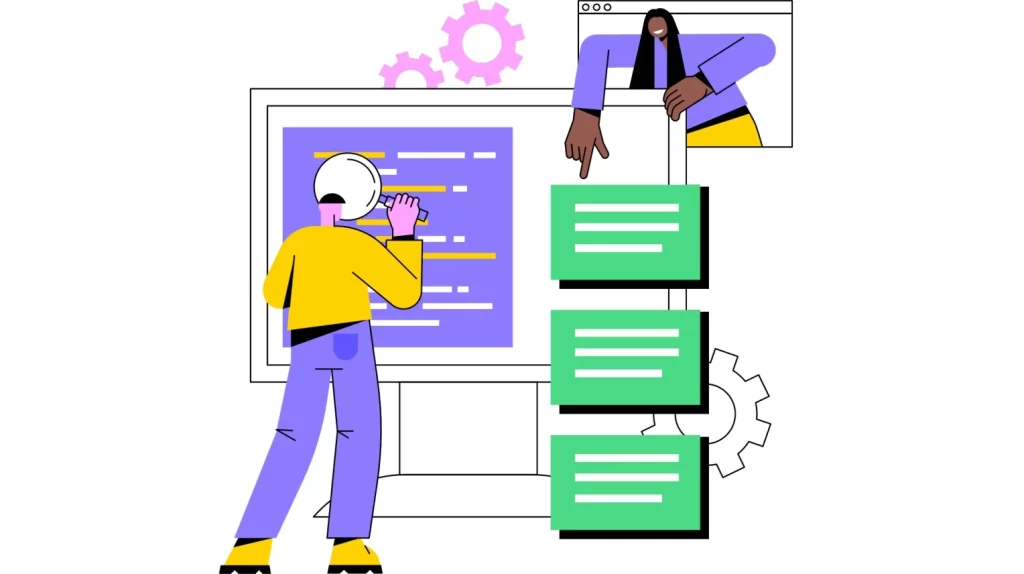
4. Risk Management :
Risk management in trading is a strategy or a set of techniques that enable you to manage the various risks associated with trading. Risk management can help you to reduce trading losses, protect your trading capital, and achieve your trading goals. It can also help you to control with the emotional and psychological aspects of trading, such as fear, greed, stress, and overconfidence.
This involves defining your trading objectives, knowing your risk-reward ratio, and setting your entry and exit points for each trade. Join Now Trading Course With Samyak Computer Classes.
5. Derivative Market :
Derivative trading is a type of trading that involves using contracts that derive their value from an beginning asset, similar as stocks, commodities, currencies, or interest rates. Derivative trading can be used to hedge against risk, speculate on the future price movements of an asset, or leverage a position. Trading Course can be done on regulated exchanges or over-the-counter (OTC) markets.
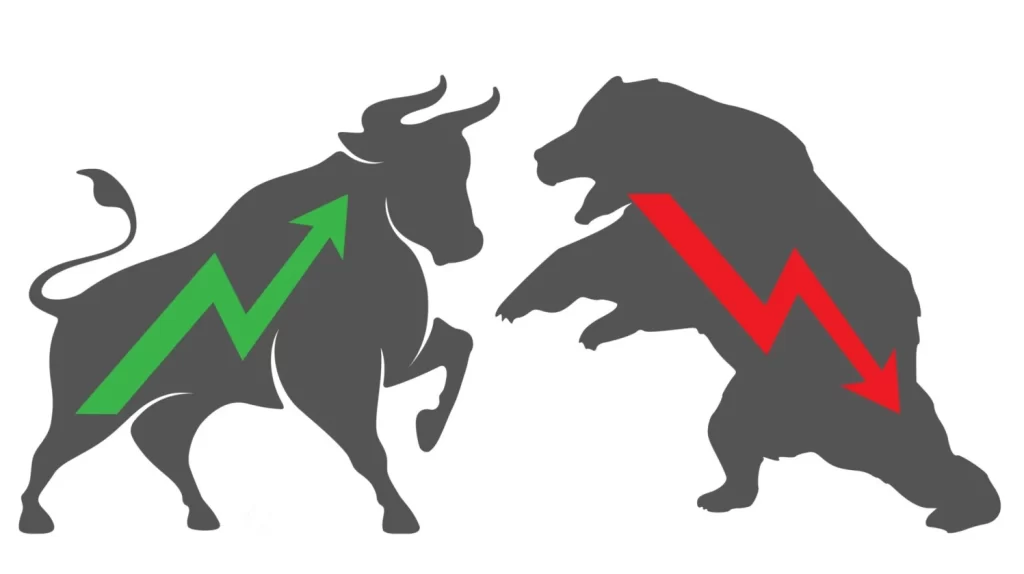
6. Option Greeks :
Option Greeks are a way of measuring the sensitivity of an option’s price to colorful factors, similar as the price of the beginning asset, the volatility, the time to expiration, the interest rate, and the tip. Option Greeks are named after Greek letters, and each one represents a different aspect of option pricing.
7. Option Strategies :
Option strategies are ways of combining different options to create a position that suits your trading objectives and risk preferences.
Option strategies can be used to speculate on the direction, volatility, or time decay of the underlying asset, or to hedge against existing positions.

8. Advance Option Chain Ol Analysis :
Advance Option Chain Ol Analysis in trading is a fashion that uses the option chain data to analyze the price and volatility of options contracts. It involves studying the different strike prices and expiration dates of options contracts for a particular beginning asset, similar as a stock or an index.
The option chain data can be obtained from various sources, such as the websites of the stock exchanges, brokers, or online tools.
9. NIFTY, BANK NIFTY with Intrady Techniques :
NIFTY and BANK NIFTY are two of the most popular and most traded indices in the Indian stock market. They represent the performance and characteristics of different groups of stocks, such as the top 50 companies in the NSE for NIFTY, and the top 12 banking stocks for BANK NIFTY. Trading these indices can be a profitable way to gain exposure to the Indian market, but it also requires a good understanding of the market conditions, the trading techniques, and the risk management. And by Joining Our Trading Course You’ll get all your doubt’s clear.
10. SCALPING Techniques :
Scalping is a trading technique in which we making small profits from frequent trades in the market. Scalpers use technical analysis, such as price charts and indicators, to identify short-term price movements and opportunities.

11. Global Market :
Global market in Share Market is a term that refers to the trading of various assets and securities across different countries and regions. Global market in trading can include stocks, bonds, currencies, commodities, derivatives, and more. Global market in trading can offer many benefits, such as diversification, arbitrage, hedging, and access to new opportunities. However, global market in share market can also pose many challenges, such as currency risk, political risk, regulatory risk, and market risk.Now We Are The Best Stock Trading Course Provider Institute in jaipur.
12. Commodity Market (Gold, silver, etc)
A commodity market is a market that allow us to trades in the primary economic sector rather than manufactured products, such as cocoa, fruit and sugar. Hard commodities are mined, such as gold and oil. Commodities are goods that can be exchanged on any market around the globe. Join Trading Course Now
Commodity trading can be done for various purposes, such as hedging, speculating, or arbitraging.
Hedging is the practice of reducing the risk of price fluctuations by taking an opposite position in the futures market. Speculating is the practice of betting on the future price movements of commodities, hoping to make a profit. It is the practice of exploiting the price differences between two or more markets, buying low in one market and selling high in another.
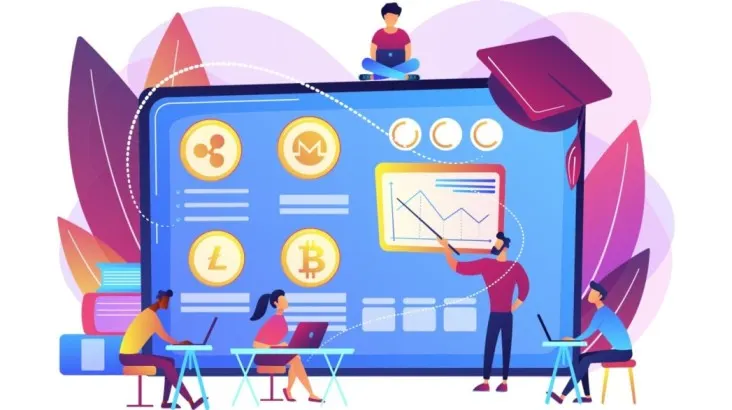
13. Currency Market (₹,$, £) :
The currency market, also known as the foreign exchange market or forex market, is a global marketplace where different currencies are traded against each other. The currency market is the largest and most liquid market in the world, with an average daily trading volume of more than $5 trillion. Join the best trading course institute of jaipur now
The currency market is open 24 hours a day, five days a week, and operates across various time zones and regions. The currency market is influenced by various factors, such as the economic, political, and social conditions of different countries, the supply and demand of currencies, the interest rates, the inflation rates, the trade balances, and the market expectations.
Advance scalping techniques in trading are methods that use more sophisticated and complex tools and strategies to scalp the market. Scalping is a short-term trading style that aims to capture small profits from frequent trades in the market. Scalpers use technical analysis, such as price charts and indicators, to identify short-term price movements and opportunities.
Smart Money Concepts (SMC) is a trading technique that uses the idea that market makers, such as banks and hedge funds, manipulate the market to their advantage and against retail traders. SMC traders try to follow the footsteps of these market makers and identify their buying and selling activities. One of the ways to do this is to use the option chain data, which shows the open interest and volume of different options contracts for a particular underlying asset.
16. Learn How Not Be Trapped By The Operator :
If you want to learn how not to be trapped by the operator in trading, you might find some useful tips and insights from the web search results that I have found for you.
Here is a summary of the main points:
- The operator is a term that refers to the market makers, such as banks and hedge funds, that manipulate the market to their advantage and against retail traders.
- The operator can trap traders by creating false breakouts, whipsaws, head fakes, and other price patterns that lure traders into taking wrong positions or missing out on profitable opportunities.
- To avoid being trapped by the operator, traders need to be aware of the market conditions, the option chain data, the order blocks, and the price action that indicate the operator’s buying and selling activities.
- Traders also need to use risk management techniques, such as stop-loss and take-profit orders, position sizing, and diversification, to protect their trading capital and profits.
- Trading Course can also use the concept of trapped traders, which is the idea that the operator accumulates enough traders in the wrong side of the market before making a large price movement that wipes out their stops and reverses the trend.
17. Capital Market + Mutual Funds + IPOs :
Capital market, mutual funds, and IPOs are three important pillar in trading that you might want to learn more about. Here is a brief overview of each concept and some resources that you can use to explore them further.
- Capital market is a market where long-term financial securities, such as stocks and bonds, are issued and traded. Capital market provides a platform for companies and governments to raise funds for their projects and activities, and for investors to earn returns on their investments. Capital market can be divided into primary market and secondary market.
- Mutual funds are pooled investment vehicles that collect money from multiple investors and invest it in a portfolio of securities, such as stocks, bonds, or commodities. Mutual funds offer diversification, professional management, and liquidity to investors, who can buy or sell units of the fund at the prevailing net asset value (NAV).
- IPOs, or initial public offerings, are the process of offering shares of a private company to the public for the first time.
18. 11+Certifications + SEBI Certifications & Job Guarantee
Why Choose Our Trading Course?
Our Trading Course offers a comprehensive introduction to the world of trading. Whether you’re interested in stocks, forex, commodities, or cryptocurrencies, our course covers it all. We provide practical knowledge and insights that can help you navigate the complex world of trading with confidence.
Who Should Enroll?
Our Trading Course is suitable for anyone interested in learning about trading. Whether you’re a beginner with no prior experience or an experienced trader looking to sharpen your skills, our course can provide valuable insights and knowledge.
Course Structure
Our Trading Course is structured to provide a step-by-step learning experience. Each module builds on the previous one, ensuring a smooth learning curve. We also provide practical exercises and real-world examples to help you apply what you’ve learned.
Experienced Instructors
Success Stories
Why Choose Samyak Computer Classes ?
Samyak Computer Classes is a leading IT solutions and service provider with a global presence1. With over 51 branches worldwide, we have trained more than 200,000 students in over 300 courses1. Our certified expert faculties across all branches are dedicated to building careers and shaping the future of our students.
We offer a wide range of courses including Programming, Accounting, Graphic Designing, Digital Marketing, CAD, Robotics, Artificial Intelligence, Ethical Hacking, Hardware & Networking, Soft Skills, Distance Education, and Pearson Certifications. Our courses are designed as per the latest trends in the IT industry and are job-oriented.
At Samyak Computer Classes, we believe in practical learning. Hence, our courses include live projects to provide hands-on experience to our students. We are also an authorized training partner for various internationally recognized certification programs like Microsoft Office Specialist, Microsoft Technology Associate, Adobe® Certified Associate, Hewlett Packard Enterprise Education, Autodesk Certified User, IC3, HP Software testing, and more.
We are proud to be recognized as the Best Training Institution and have a dedicated team to guide our students for interviews and placements once the course is completed. Our commitment to quality education and training has made us a trusted name in the IT industry.
Do you get any job placement assistance after completing a course?
Do we offer online courses?
What are the eligibility criteria for Samyak Computer Classes courses?
Do we offer any discounts on courses?
Safety guidlens to enroll in trading course ?












